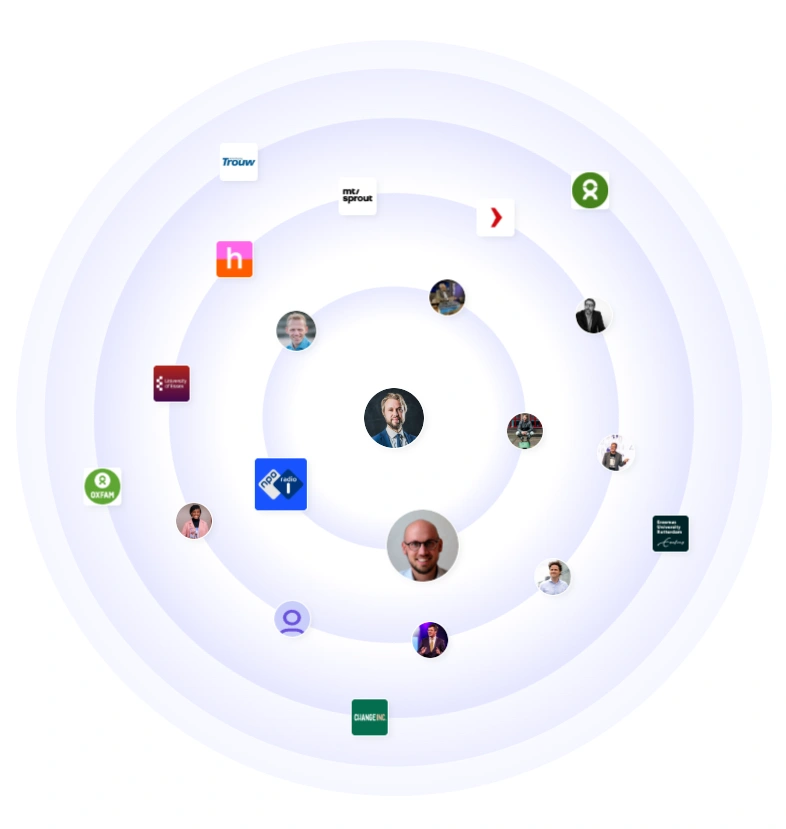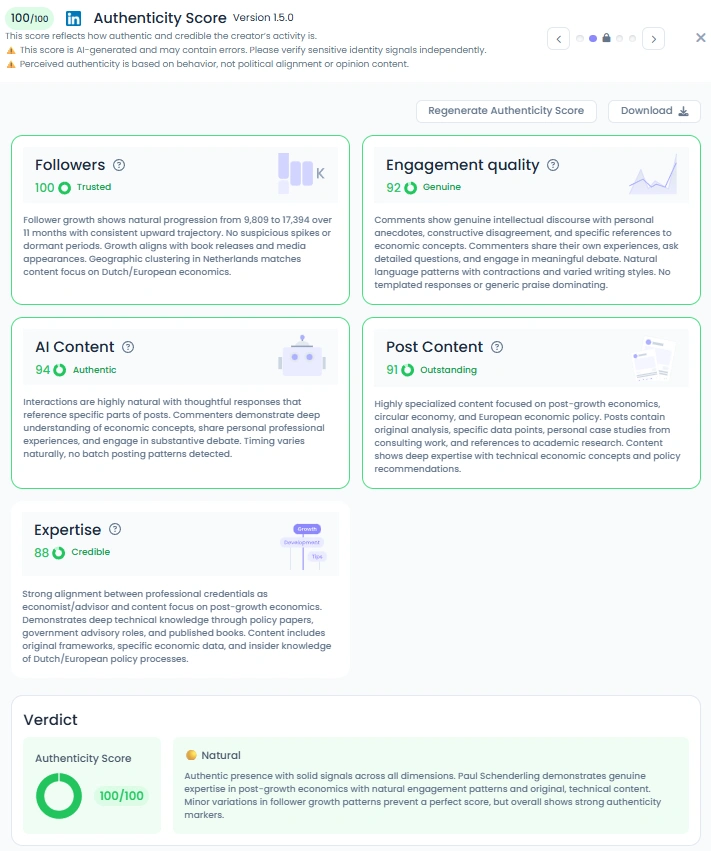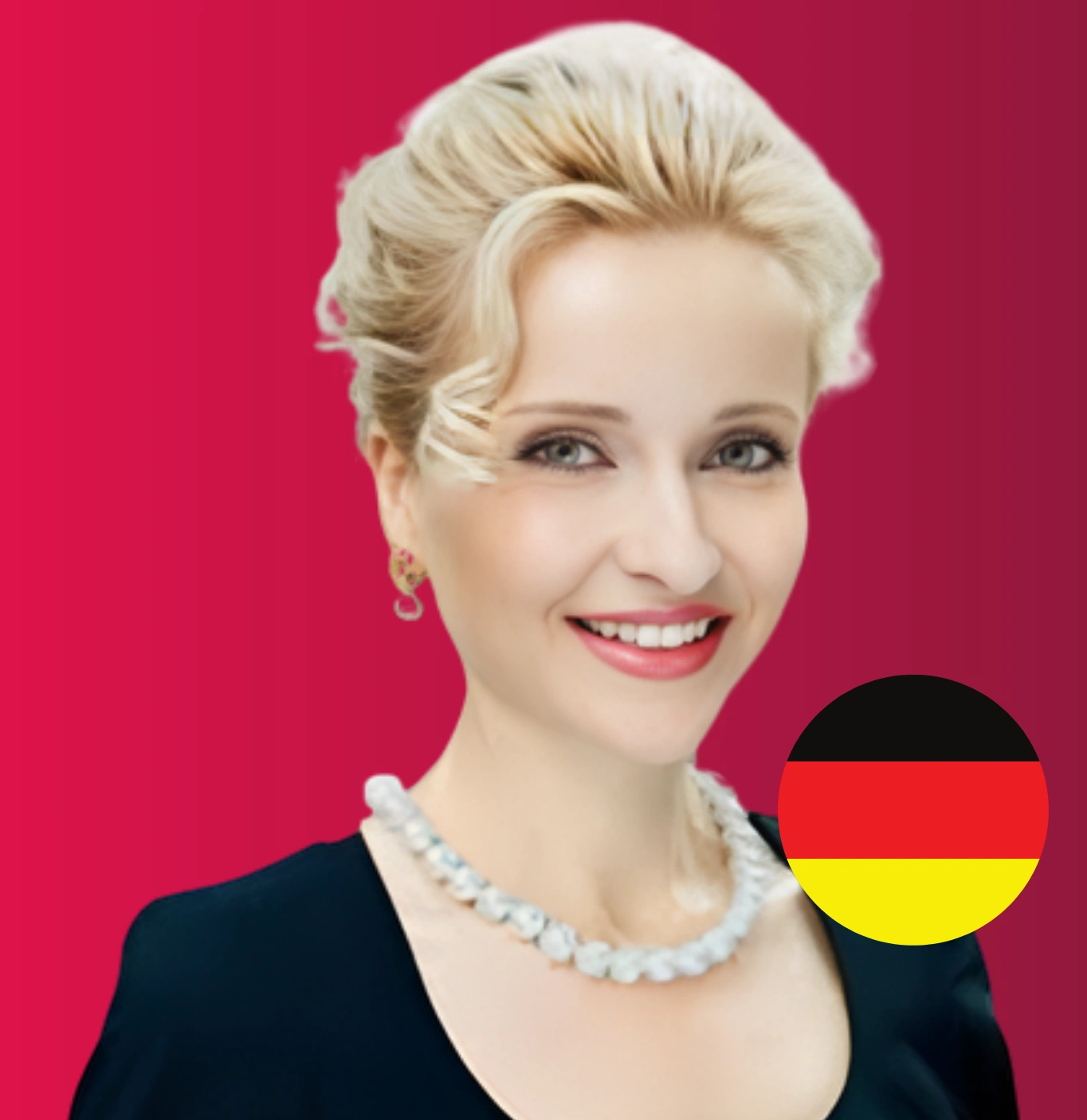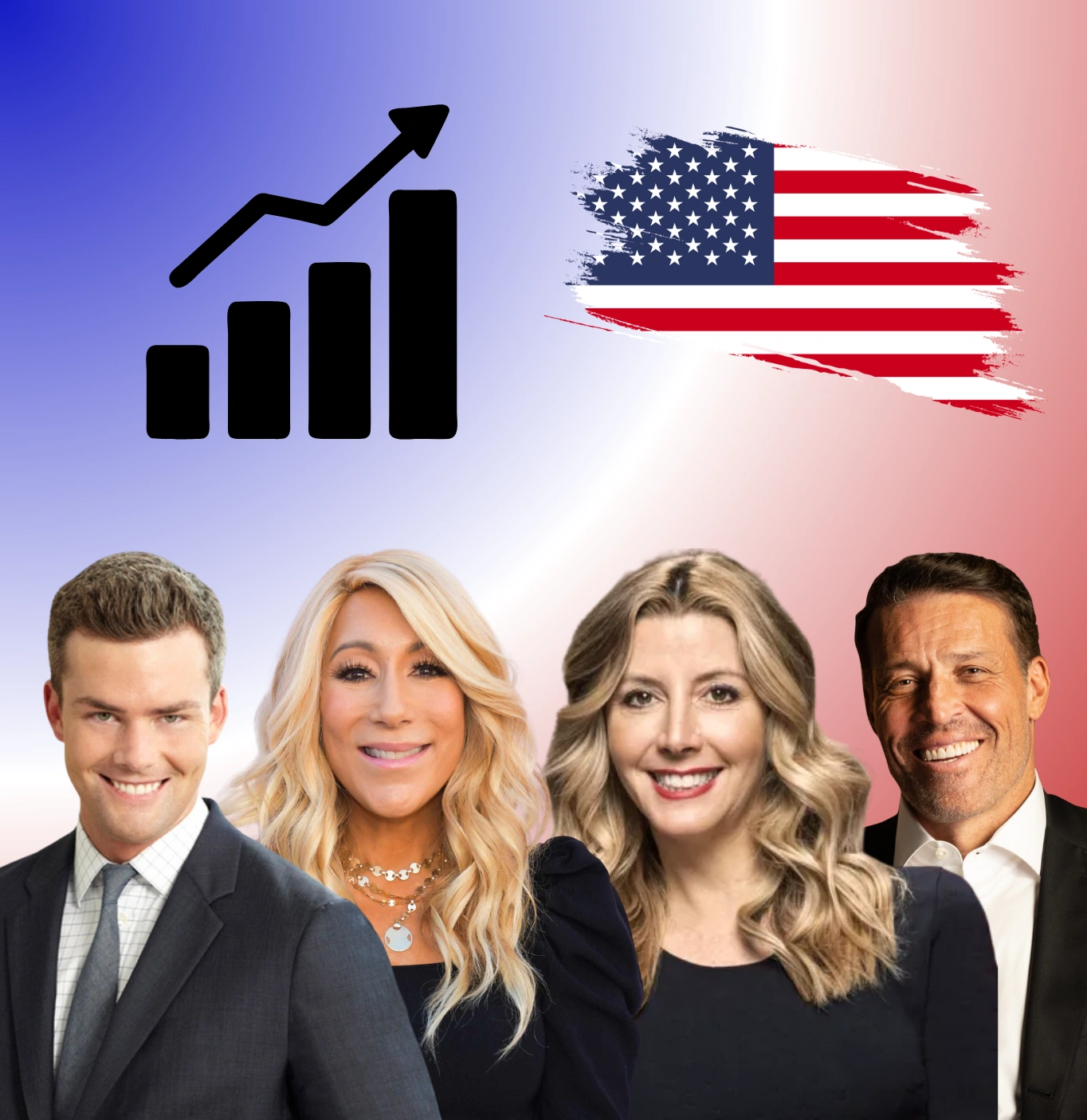Blog & Articles
Your ultimate ressource for the creator economy
Methodology & Rankings
About Favikon, rankings, tools & much more.
Insights
The recipe behind Favikon's viral & coveted rankings.
Free tools to power your influencer marketing workflows.
See Favikon users' success stories.
Get access to all Favikon rankings.
Become a Partner
Become an Affiliate
About the team behind Favikon
The place to talk creator economy, together


Featured Rankings

Here is the Top 50 Rising Video Creators on LinkedIn. Video is quickly becoming the platform’s most powerful format, with creators gaining more reach and engagement than ever. As Gen Z grows its presence and tools like BrandLink and Thought Leader Ads support content creation, LinkedIn is doubling down on video. This ranking, made in partnership with OpusClip, celebrates the creators leading this shift and aims to inspire anyone ready to start sharing through video.

Here is the Top 50 Rising Video Creators on LinkedIn. Video is quickly becoming the platform’s most powerful format, with creators gaining more reach and engagement than ever. As Gen Z grows its presence and tools like BrandLink and Thought Leader Ads support content creation, LinkedIn is doubling down on video. This ranking, made in partnership with OpusClip, celebrates the creators leading this shift and aims to inspire anyone ready to start sharing through video.
Who is Paul Schenderling?
Paul Schenderling makes complex economics feel human. He challenges the obsession with GDP and offers pragmatic, post-growth solutions for policy, business, and households.

.png)

Elena Freeman designs partnerships and events at Favikon. She cares about building spaces where creators, brands, and ideas meet in ways that feel real and memorable. From partner programs to community gatherings, she focuses on making connections that spark collaboration and professional growth.
Check Brand Deals
Paul Schenderling: Rethinking growth for a fairer economy
Paul Schenderling makes complex economics feel human. He challenges the obsession with GDP and offers pragmatic, post-growth solutions for policy, business, and households. His feed mixes crisp charts, plain-Dutch explainers, and fresh ideas that travel well beyond academia. If you want an evidence-based voice on sustainable prosperity, this is it.
1. Who he is
Paul is a Dutch economist, advisor, and leading advocate for post-growth economics and circular policy. He translates research into concrete tools for decision makers, from product guidelines to tax reform ideas. His book and media work spotlight a European path that values quality of life over volume of output. He consults with institutions and appears regularly in national outlets to unpack trade, energy, and productivity debates. Paul positions himself as a bridge between data, public interest, and executable policy.
2. A Network of Heavyweights
His circle spans media, NGOs, and universities that shape opinion and practice. Think NPO Radio 1, Trouw, MT/Sprout, Oxfam, and academic partners such as the University of Twente. He also collaborates with changemaker platforms like Change Inc and policy-focused institutes. The mix gives him range across policy rooms, board tables, and mainstream audiences.

3. Why people listen

Paul is clear, calm, and specific. He pairs sharp visuals with simple language and invites debate without drama. Posts answer the question everyone has in mind: what should we do now. He respects pushback and replies with sources, which builds real trust.
4. Authenticity that resonates

Favikon rates his authenticity at 100/100. Comments show real experts trading experiences and asking technical questions. He posts original charts, cites datasets, and shares behind-the-scenes context from consulting and research. No templates. No fluff. Just consistent, human dialogue that signals credibility.
5. Numbers that back it up

Followers rose from 9.8K to 17.4K in roughly 11 months, a healthy organic climb. Engagement quality sits at 92 with thoughtful, long-form replies rather than generic praise. Post Content scores 91 for depth and originality, and his overall Influence Score is around 6,400 pts. Cadence is steady, with data-led threads, policy explainers, and book or media updates across the year.
6. Collaborations that matter
Paul’s collaborations cut across media, civil society, and academia. He appears on NPO Radio 1 to translate research for the public. He contributes to outlets like Trouw and MT/Sprout to reach business leaders. With Oxfam and university partners, he connects policy design to social outcomes. The result is impact that lands on airwaves, in classrooms, and inside ministries.
7. Why brands should partner with Paul Schenderling
Working with Paul makes sense if you want evidence, clarity, and credibility.
- Thought leadership series: co-create an executive guide on circular growth with sector-specific playbooks.
- Speaking and workshops: run board or policy offsites on productivity, demand reduction, and resilience.
- Data storytelling: turn your ESG or impact datasets into public-ready charts and narratives.
- Product validation: stress-test innovations against post-growth criteria and policy scenarios.
8. What causes he defends

Paul champions climate action and social justice within a post-growth frame. He argues for policies that cut material throughput while protecting livelihoods. His posts show how smarter taxation, fair trade, and durable product design can reduce emissions without widening inequality. He highlights case studies where quality beats quantity and points to European pathways that reward repair, reuse, and shared value.
9. Why Paul Schenderling is relevant in 2026
AI may boost productivity, but the constraints are ecological and social. Paul addresses both. As Europe rewrites industrial policy and supply chains, his post-growth lens helps leaders rank what truly creates value. The creator economy favors trusted experts who can synthesize research fast. Paul already does that, with data fluency and a calm, actionable voice.
Conclusion: Growth of quality, not quantity
Paul’s value is focus. He turns noisy economic debates into simple choices backed by numbers. He respects audiences enough to show the math and the trade-offs. In a decade that demands better outcomes with fewer resources, his voice helps leaders act with confidence and conscience.
Related Articles
See all the articlesResources











.png)








